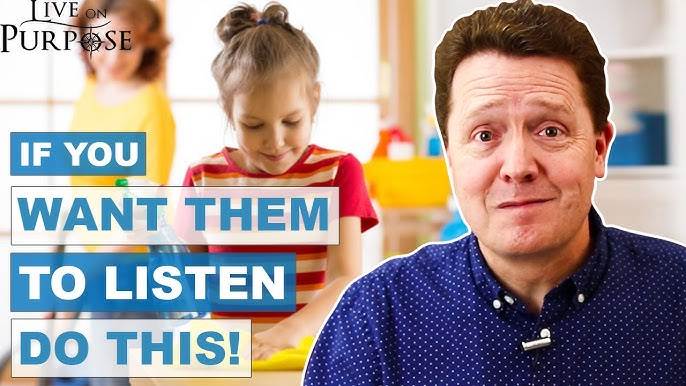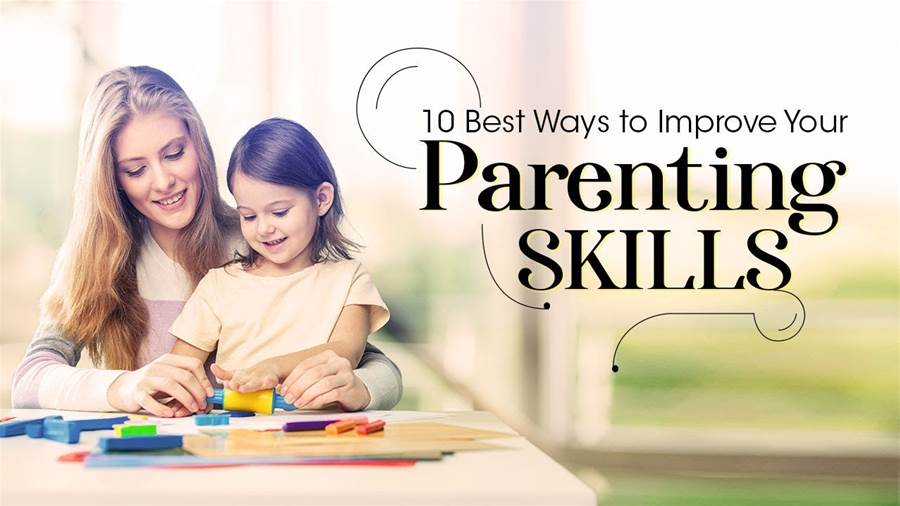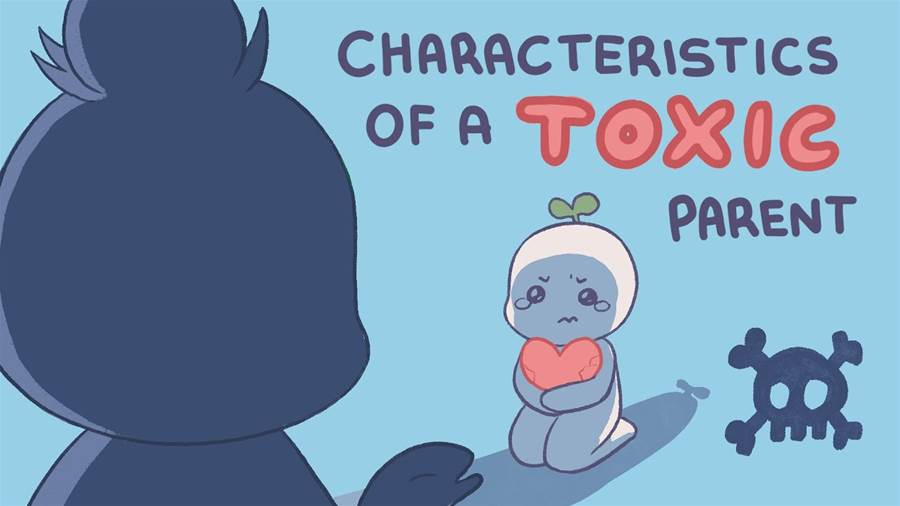

- **Tip 1: Stay Calm** - Importance: Essential for parents to control their own emotions as children lack emotional regulation. - Technique: Breathe deeply through your nose, hold for 5-10 seconds, then exhale slowly through your mouth, taking twice as long to exhale as to inhale. - Benefit: Helps calm the brain's fight or flight response, enabling better emotional regulation when dealing with a stubborn child.
- **Tip 2: Remember What You Control** - Concept: Parents should focus on controlling what they can and recognize what they can't control.
- Application: Identify what you control (e.g., services provided, access to certain household items) and avoid power struggles over things you don't control. - Rule Framework: - Avoid power struggles where possible. - Win unavoidable power struggles by focusing on controllable aspects. - Empower children's choices and navigate control dynamics effectively.
- **Tip 3: Empower What They Control** - Principle: Recognize that children have control over their own choices.
- Strategy: Acknowledge their choices and empower them instead of lying or misrepresenting the control dynamics. - Example: If a child wants something you don't allow, acknowledge their ability to choose while making clear your limits, e.
The article is not finished. Click on the next page to continue.




















代表者: 土屋千冬
郵便番号:114-0001
住所:東京都北区東十条3丁目16番4号
資本金:2,000,000円
設立日:2023年03月07日
